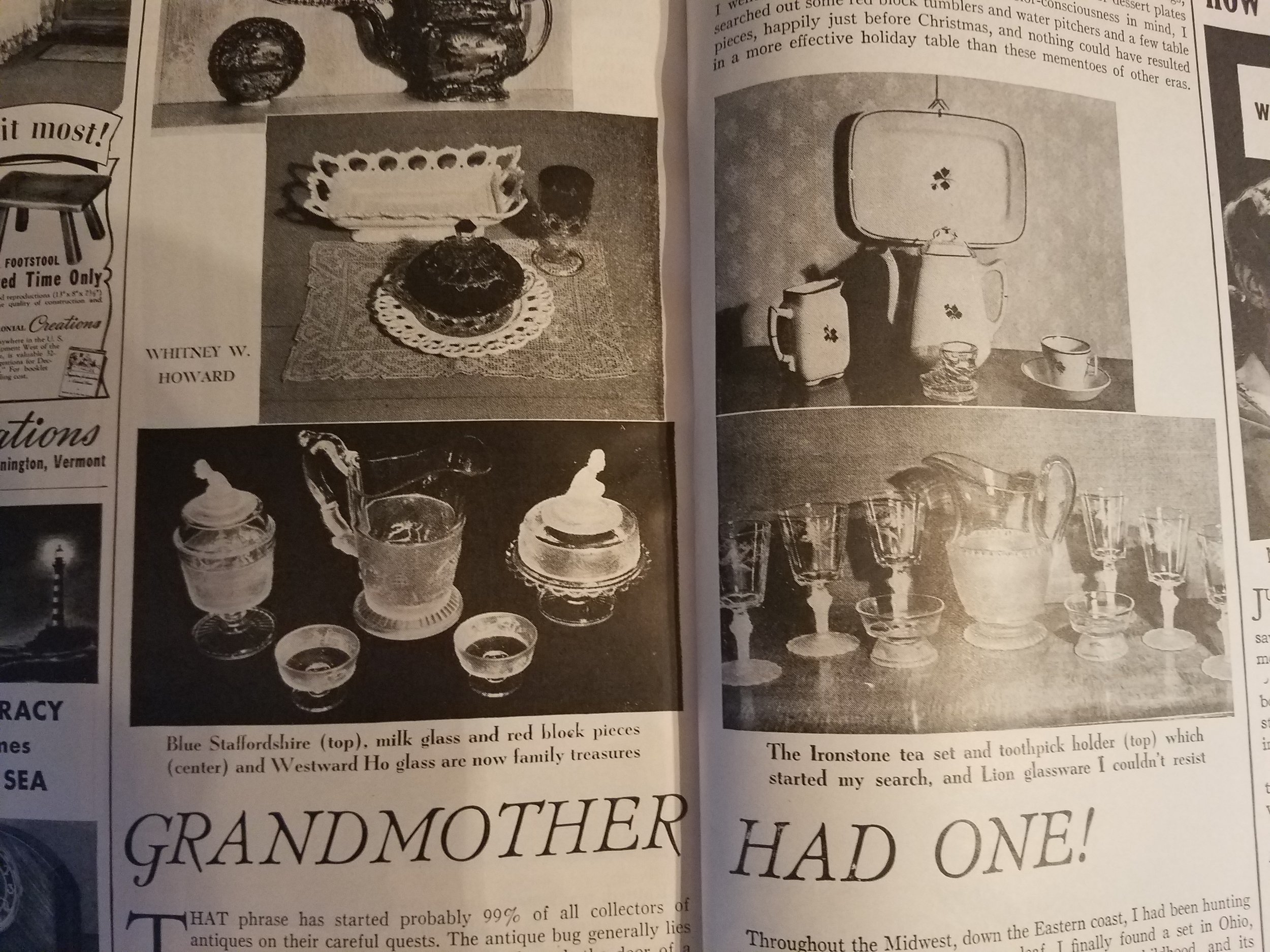Your Kids Don’t Want Your Stuff
Your kids don’t want your stuff.
I’ll let that sink in a minute.
They don’t want it. We don’t want it. Maybe it’s a generational thing. Born in 1983, I’m technically a Millennial. An “old” millennial, but a millennial nonetheless. I grew up rather poor but not in poverty, and I’m certainly not a product of the Great Depression, or any other time of serious lack that ingrained an inherent need to keep everything that anyone in my family has ever owned. The truth is, I just feel better when I’m not surrounded by mountains of “stuff.”
I understand this is a touchy subject for families. Parents want to pass down their fine china and the model car collection they spent a lifetime building, as if burdening their children with the things that were important to them will somehow keep their legacy alive.
But that’s all it really is—a burden.
I understand that I don’t speak for everyone here. I’m less sentimental than most. When I die, I don’t want anyone feeling obligated to keep anything of mine, and I certainly won’t make lists divvying up my possessions between close friends and relatives.
Why?
Just because those things were important to me, doesn’t mean they are important to anyone else.
When someone passes we assign value to ordinary items that would otherwise just be pieces of furniture or boxes of trinkets fit for thrift store shelves. But I am not my unicorn collection (yes, I really have one), your grandma is not her curio cabinet, and—unless Stephen King wrote his life—Uncle Dave’s soul is not chilling out in his old car. All that stuff is just stuff until we decide it’s something more. The trouble comes when we struggle to part with anything because either the loss or the guilt is too great, so we fill our basements, closets, pole sheds, and storage units with hoards of other people’s stuff that will probably never see the light of day again.
(But hey—at least it won’t end up in the hands of strangers! Who cares if they have uses for it…)
I’m not completely heartless. I understand that when we lose someone all we have to hold onto is their memory and their stuff—and just try hugging a memory. But I practice what I preach. When my dad passed the only thing I took was a dirty sweatshirt I peeled off his basement floor the day he died. My father is not in that sweatshirt, but it used to smell like him, and every now and then I put it on and feel a fraction closer to him than I did before.
Keeping something from our departed loved ones can reestablish that connection when we need it most. The danger is assigning that importance to everything and refusing to let go of anything.
Then passing that burden onto our children.
It’s painful imagining everything we’ve worked so hard for falling to the wayside once we go. There’s comfort in knowing our possessions will live on in our families after we’re gone. And the survivors feel compelled to honor their loved ones by surrounding themselves by possessions of the dead—but once we do, where does it end? If my grandma leaves me a collection of porcelain dolls that she spent her life collecting, but I don’t have room for them—or, frankly, don’t want them—so they sit in a tote in the garage for the next thirty years, how am I honoring her collection or her memory? Wouldn’t it be better to pick one doll that I can display prominently so whenever I see it I’m reminded of the woman who meant so much to me, and donate the rest to someone who might love one or all in the way that they were meant to be appreciated?
Donate Grandma’s precious collection? I hear the gasps already!
If you never looked twice at your aunt’s old lamps while they glowed ambiguously from either side of her sofa when she was alive, why must you keep them forever now that she’s gone? We all know we can’t take it with us. But that doesn’t mean our families must keep everything so our legacy never dies.
I am not the chair I’m sitting on. You are not the that book on the shelf. Let it go. Let it all go.
Just don’t give it to me.
